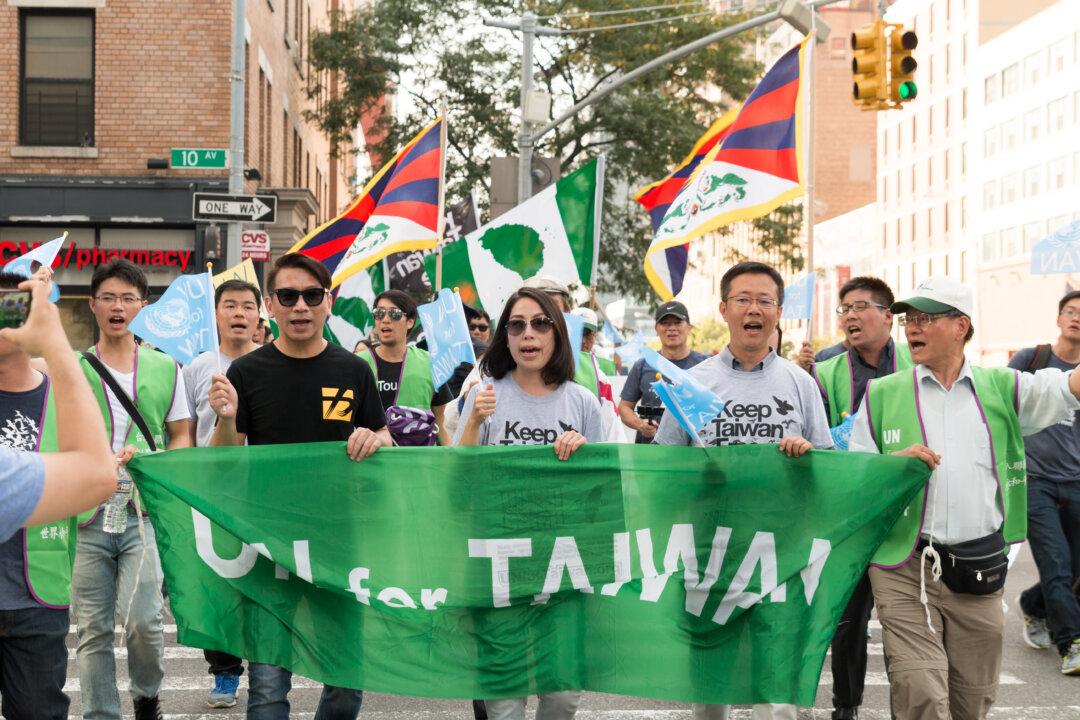Commentary
The Chinese Communist Party’s (CCP) influence over the United Nations is used overwhelmingly to weaken support for Taiwan around the world.

The Chinese Communist Party’s (CCP) influence over the United Nations is used overwhelmingly to weaken support for Taiwan around the world.